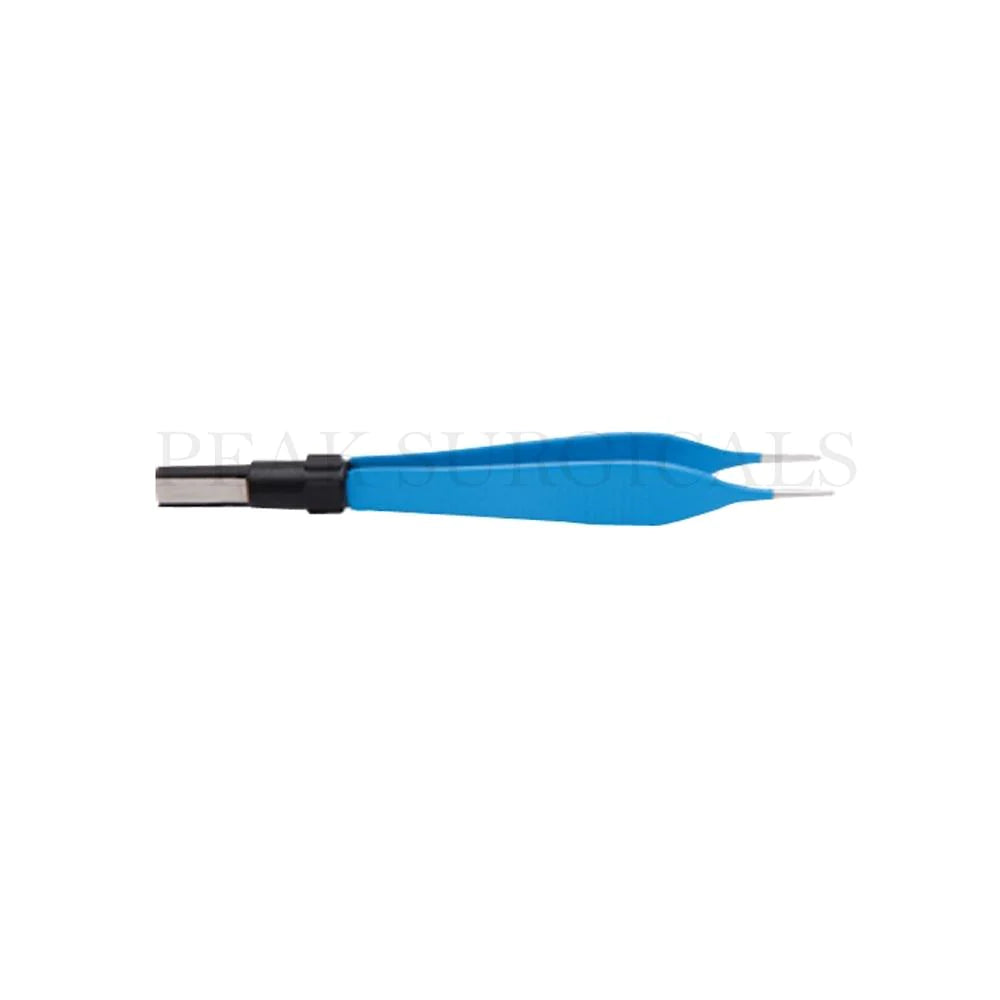In the ever-evolving field of ophthalmology, medical professionals are constantly seeking advanced tools and technologies to enhance surgical procedures. One such innovative instrument gaining prominence is the bipolar forceps. In this comprehensive guide, we'll explore the uses and benefits of bipolar forceps in ophthalmology, shedding light on their role in revolutionizing surgical practices.
Understanding Bipolar Forceps:
Bipolar forceps are surgical instruments specifically designed for delicate procedures in ophthalmic surgeries. They operate on the principle of electrosurgery, utilizing controlled electrical currents to achieve precise tissue coagulation and hemostasis. Unlike traditional forceps, bipolar forceps have two tips with an active and a return electrode, ensuring focused energy application.
Uses in Ophthalmology:
- Cataract Surgery: Bipolar forceps find extensive use in cataract surgery, aiding surgeons in efficient tissue manipulation and minimizing bleeding. The controlled coagulation provided by these forceps enhances visibility, allowing for careful procedures.
- Retinal Detachment Repair: When dealing with retinal detachment, precision is important. Bipolar forceps enable surgeons to delicately handle the retinal tissue, ensuring accurate reattachment and reducing the risk of complications.
- Glaucoma Procedures: In glaucoma surgeries, maintaining optimal intraocular pressure is important. Bipolar forceps assist in controlled tissue ablation, contributing to the success of glaucoma procedures while minimizing trauma to surrounding structures.
Benefits of Bipolar Forceps:
- Precision and Control: Bipolar forceps offer unparalleled precision and control during ophthalmic surgeries. Surgeons can target specific tissues without causing collateral damage, enhancing overall surgical outcomes.
- Reduced Tissue Trauma: The controlled energy application of bipolar forceps results in minimal tissue trauma. This is particularly advantageous in delicate eye surgeries, where preserving healthy tissue is important for successful outcomes.
- Improved Visibility: By minimizing bleeding and ensuring clear visibility, bipolar forceps contribute to a more efficient surgical process. Surgeons can go through complex procedures with confidence, leading to better patient outcomes.
Ophthalmic Challenges:
Ophthalmic surgeries present unique challenges due to the delicate nature of the eye tissues. Bipolar forceps address these challenges by offering a specially designed solutions to the specific needs of eye surgeons. The combination of precision, reduced tissue trauma, and improved visibility makes bipolar forceps an indispensable tool in the ophthalmologist's armamentarium.
As ophthalmology continues to advance, the integration of innovative tools such as bipolar forceps marks a significant leap forward in surgical capabilities. The uses and benefits discussed in this guide underscore the importance of these instruments in ensuring successful outcomes for patients undergoing eye surgeries. Surgeons across the USA can trust the reliability and effectiveness of bipolar forceps in their pursuit of excellence in ophthalmic care.
Choose Peak Surgicals to experience advanced instruments that enhance ophthalmic surgical precision. Our commitment to innovation and quality ensures that surgeons have access to the latest advancements in medical technology. Trust Peak Surgicals for excellence in ophthalmic surgical instruments.
